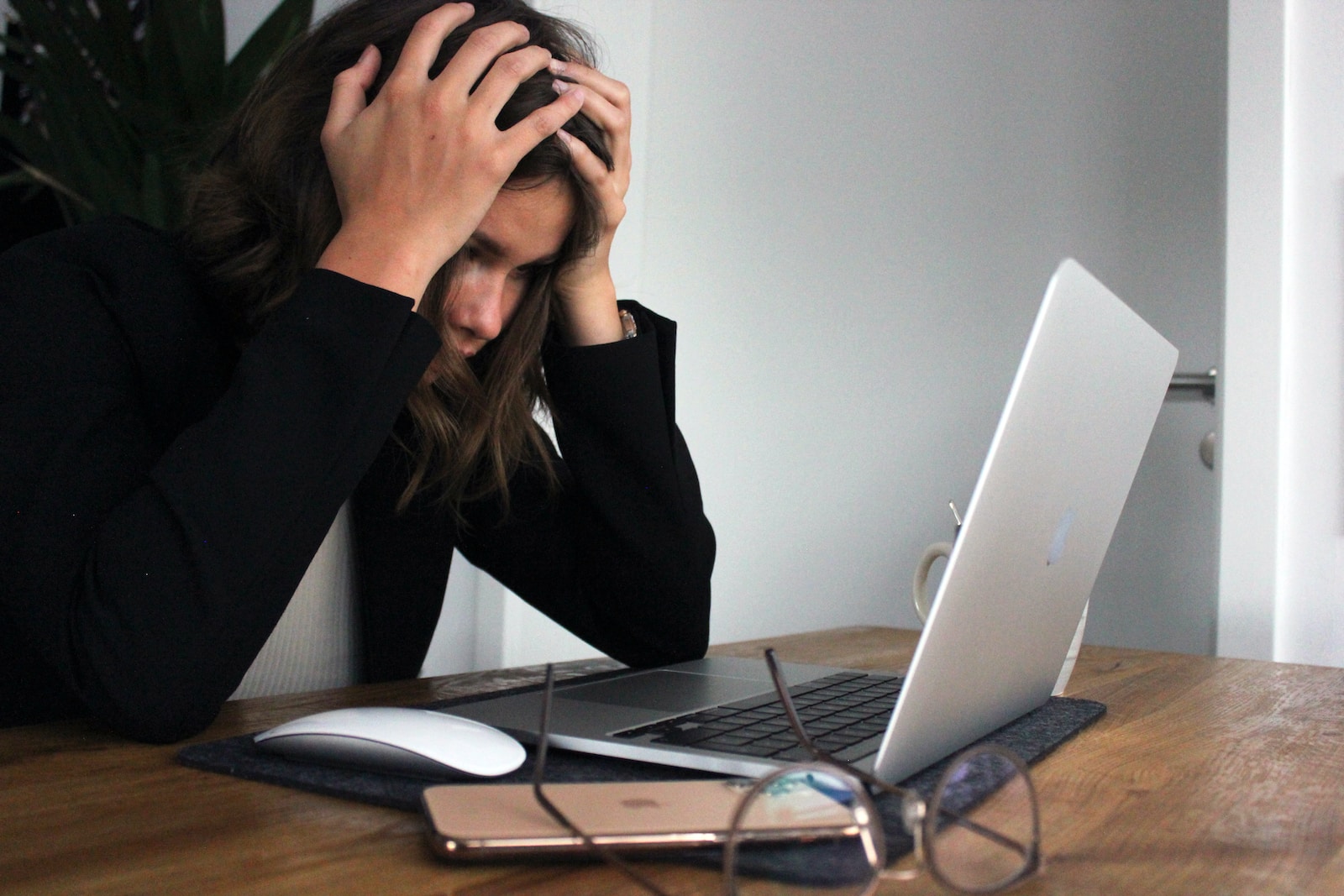Mental Health and Pharmaceuticals: Breaking the Stigma and Seeking Help
Mental health is an essential aspect of our overall well-being, yet it often remains a topic shrouded in stigma and misunderstanding. Despite significant progress in understanding mental health issues, many individuals continue to suffer in silence, hesitant to seek help due to fear of judgment or societal pressure. In this article, we will explore the significance of breaking the stigma around mental health and the role of pharmaceuticals in helping individuals lead healthier and happier lives.
The Impact of Mental Health Stigma
Understanding the Stigma
The stigma associated with mental health is a deeply ingrained belief that mental illnesses are signs of weakness or instability. Such prejudices can lead to discrimination, social exclusion, and even self-doubt among those facing mental health challenges.
Consequences of Stigma
The stigma surrounding mental health not only prevents individuals from seeking help but also hinders open conversations about mental health issues. This lack of communication can perpetuate the cycle of ignorance and misunderstanding, making it difficult for people to access the support they need.
Breaking the Stigma: Promoting Awareness
Raising Awareness
One of the most effective ways to break the stigma is through awareness campaigns. Education about mental health and the importance of seeking help can help dispel myths and misconceptions, fostering a more empathetic and understanding society.
Media Representation
The media plays a significant role in shaping public perceptions. By portraying mental health issues accurately and sensitively, the media can contribute to reducing the stigma associated with such conditions.
Seeking Help: The Role of Pharmaceuticals
Understanding Medications
Pharmaceuticals, such as antidepressants and anti-anxiety medications, can be essential tools in treating mental health conditions. They work by restoring the chemical balance in the brain, alleviating symptoms, and improving overall well-being.
Combining Therapy and Medication
In many cases, a holistic approach that combines pharmaceutical treatment with therapy and lifestyle changes yields the best results. Therapy provides individuals with coping strategies, while medication can stabilize their condition, enabling them to engage more effectively in therapy.
Embracing a Holistic Approach to Mental Health
Lifestyle Changes
In addition to medication and therapy, adopting a healthy lifestyle can positively impact mental health. Regular exercise, a balanced diet, and sufficient sleep can contribute to emotional well-being and resilience.
Social Support
Building a strong support network of family, friends, and mental health professionals can provide valuable emotional support and encouragement on the journey to recovery.
The Power of Breaking the Stigma
Empowering Individuals
By breaking the stigma around mental health, we empower individuals to speak openly about their struggles without fear of judgment. This openness fosters a sense of community and helps those in need to access appropriate support.
Changing Societal Attitudes
Overcoming the stigma requires a collective effort from society. As more individuals share their experiences, perceptions shift, creating a more accepting environment for everyone.
Conclusion
Mental health is an integral part of our overall health, and seeking help when needed should be embraced as a sign of strength rather than weakness. Breaking the stigma surrounding mental health is crucial to ensure that individuals feel comfortable seeking the help they need. Pharmaceuticals, along with therapy and lifestyle changes, play a vital role in supporting those facing mental health challenges on their path to recovery and improved well-being.
FAQs
- Q: Are mental health conditions treatable with medication alone? A: While medications can be an essential part of treatment, combining them with therapy and lifestyle changes generally yields the best outcomes.
- Q: How can I support a friend or family member facing mental health challenges? A: Offering a listening ear, showing empathy, and encouraging them to seek professional help are meaningful ways to provide support.
- Q: Can breaking the stigma really make a difference? A: Yes, breaking the stigma can lead to a more open and understanding society, encouraging more individuals to seek help and support.
- Q: Are there any potential side effects of mental health medications? A: Like all medications, mental health pharmaceuticals may have side effects, but they are typically discussed with the prescribing healthcare professional.
- Q: How can I get involved in mental health awareness campaigns? A: You can join or support mental health organizations, share educational resources, and participate in awareness events to help break the stigma.



